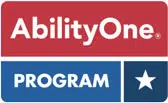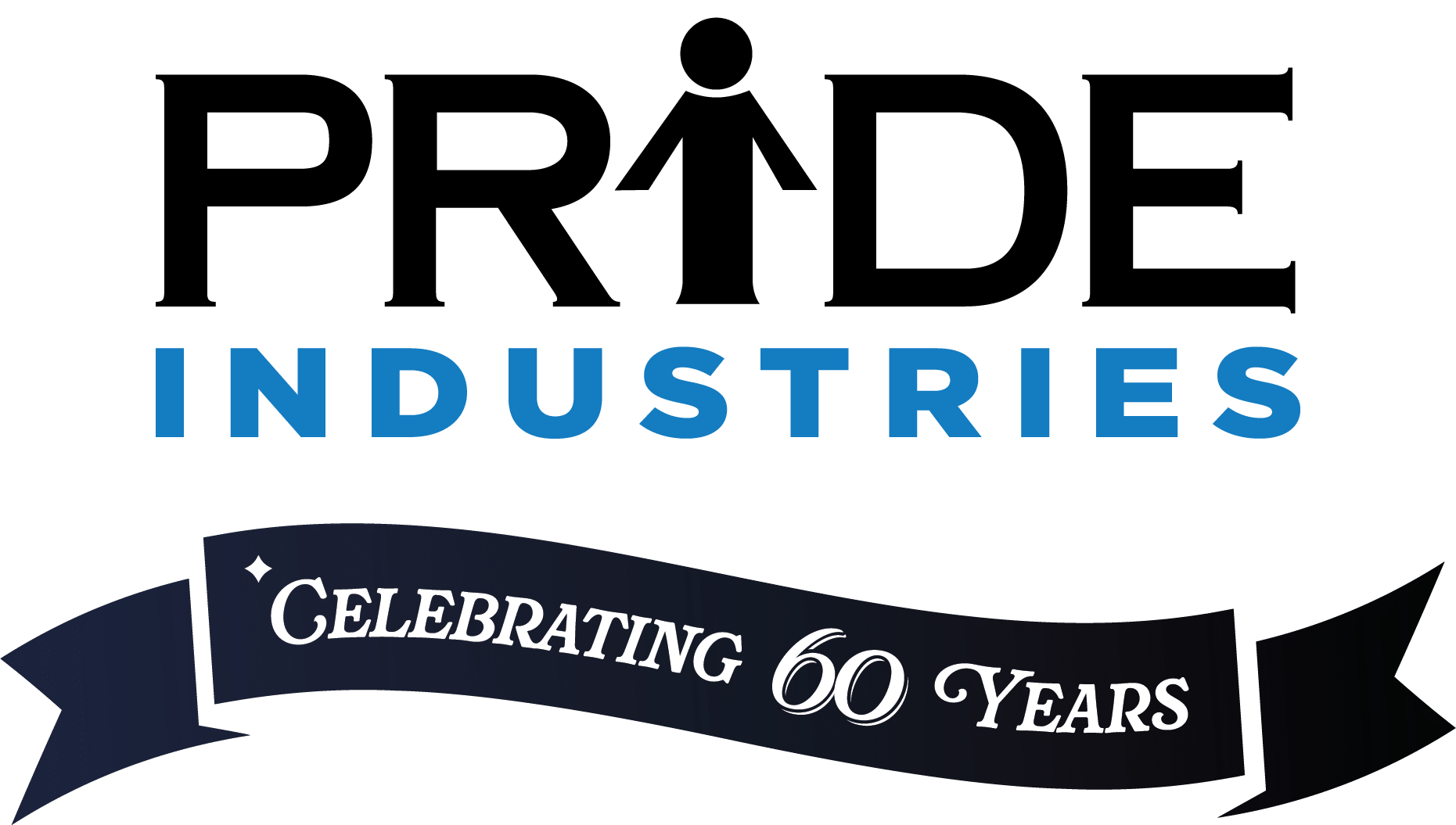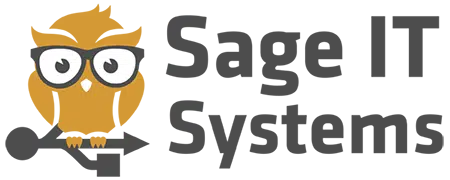Learn how employees with disabilities outperformed a previous contractor processing hundreds of thousands of visa applications for DHS.
Employees with Disabilities at the UCSIS
The United States Department of Homeland Security’s (DHS) U.S. Citizenship and Immigration Services (USCIS) visa processing facility in Corbin, Kentucky, is the last stop for validating tens of thousands of immigrant visa (IV) applications granting permanent resident status to immigrants—documents commonly known as green cards. The facility processes more than 600,000 IV applications each year.
Situation
The DHS contract required IV applications to be processed in ten days. By 2021, when borders were opened after pandemic closures, the previous contractor had amassed a backlog of tens of thousands of applications, leading to months-long wait times for people seeking permanent residency. DHS eventually sought a new contractor which could handle the volume of IV applications and meet processing speed requirements and issued a Request for Proposals (RFP).
Solution
PRIDE Industries responded to the DHS RFP in 2022 and was awarded the contract through the AbilityOne® Program, a program dedicated to delivering high-quality products and services to federal agencies while fostering quality employment opportunities for people with disabilities through federal contracts. PRIDE Industries is one of the nation’s leading employers of people with disabilities and works with AbilityOne on contracts throughout the country.
PRIDE Industries assembled a team of 26 employees, 16 of whom have a disclosed disability. The employees were able to work remotely, making the jobs more accessible and attractive to people with disabilities.
“We created modified instructions and work environments that allow employees with disabilities to perform as well or better than non-disabled employees under the previous contract,” said Nicholas Hines, Regional Director of Operations for PRIDE Industries.
Results: Success with Employees with Disabilities
The team quickly worked through the overdue applications and currently processes an average of 40,000 applications per month with turnaround times under the ten-day requirement.
“We go above and beyond for our employees, giving them the support they need to be successful,” said Jenny Collins, Document Production Manager for PRIDE Industries. “That support includes flexible schedules, remote work, and on-the-job coaching.”
The operation has been so successful that the DHS wants to expand PRIDE Industries’ responsibilities at the site.
Services Provided
Processing permanent resident applications work includes:
- Data entry
- Identity verification
- Photo placement
- Transmission of data to production facility
Accommodating Success
The success of the IV processing team at DHS offers proof that employees with disabilities, with modest accommodation, can be exceptional workers. The Americans with Disabilities Act requires employers to provide “reasonable accommodations” for employees with disabilities, defined as “any change to the application or hiring process, to the job, to the way the job is done, or the work environment that allows a person with a disability who is qualified for the job to perform the essential functions of that job and enjoy equal employment opportunities.”
Employers sometimes fear accommodating people with disabilities will be too costly—a fear that has been proven to be unfounded. In a Job Accommodation Network (JAN) survey of employers, over half said that accommodations cost nothing, while 37 percent reported a median one-time cost of just $300. The same employers report many benefits that far outweigh the small expenses. The cited benefits of accommodating employees with disabilities include:
- Retaining valuable employees
- Improving productivity and morale
- Reducing workers’ compensation and training costs
- Improving company diversity
“Individuals and families depend on the USCIS to process their documents in a timely manner and provide them legal status to live and work in the United States,” Hines said. “Our employees prove that people with disabilities can do this and other important work.”

“We created modified instructions and work environments that allow employees with disabilities to perform as well or better than non-disabled employees under the previous contract.”
— Nicholas Hines, Regional Director of Operations for PRIDE Industries.


